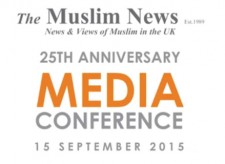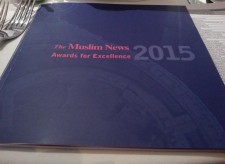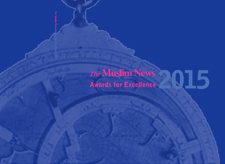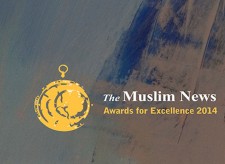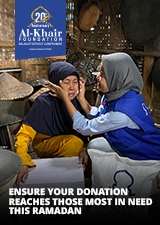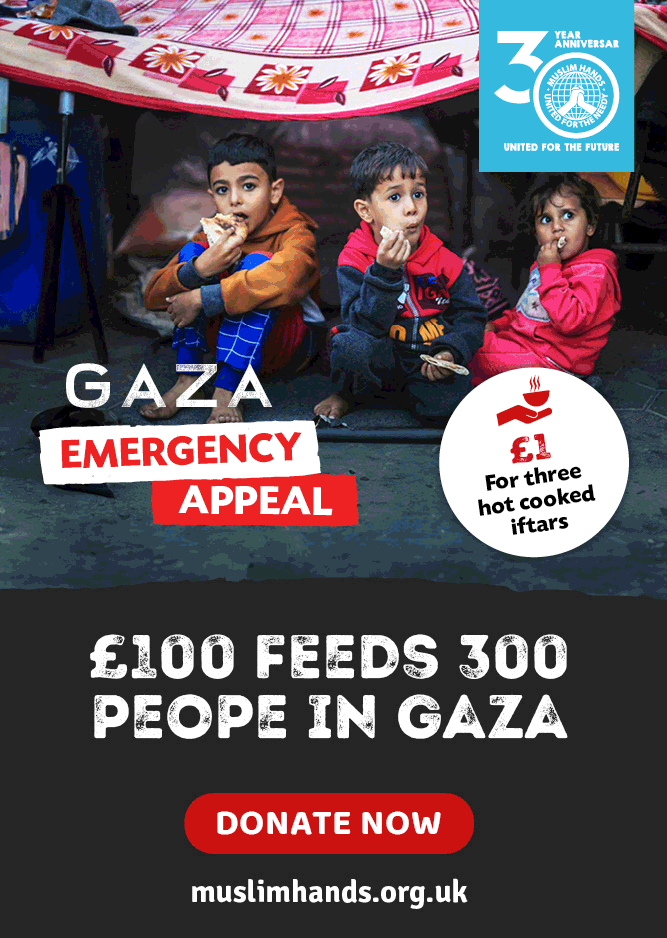Elham Asaad Buaras
A “substantial volume” of clothing contaminated by Chinese exploitation of Uyghur forced labour is entering the EU market, according to a report from Uyghur Rights Monitor, Sheffield Hallam University, and the Uyghur Centre for Democracy and Human Rights.
The report titled ‘Tailoring Responsibility: Tracing Apparel Supply Chains from the Uyghur Region to Europe’ found the EU’s checks inadequate to weed out coercive work from large supply chains.
The report, which was released earlier this month, named several famous European clothing brands as being at high risk of sourcing materials, particularly cotton and PVC, made by Uyghurs compelled to participate in state-imposed labour transfer programmes.
The researchers investigated four major Chinese apparel firms that have “significant ties” to Xinjiang through sourcing, subsidiaries, and manufacturing, as well as connections with Western brands.
These businesses have provided brands such as Zara and Primark. Xinjiang, home to the majority of China’s ethnic Uyghur minority, produces more than 80% of China’s cotton. It is also a region with numerous reports of human rights violations, including an estimated 1 million individuals detained in extrajudicial detention camps.
Apart from the incarceration centres, Uyghur activists and human rights campaigners believe there is a protracted policy of state-sponsored labour transfers, which carries a significant risk of coercion.
Under programmes described by authorities as poverty alleviation transfers, unemployed people are transported to farms or factories in different locations where there is a need for workers. This happens within Xinjiang and from the region to other parts of China.
The report’s authors provide various examples of Chinese corporations participating in these projects. For example, Beijing Guanghua Textile Group has a joint venture with Xinjiang Jinghe Textile Technology, a company with ties to labour transfer initiatives.
In 2018, Xinjiang Jinghe announced a ¥200 million (£22.3 million) investment to expand its production facilities and employ 2,000 people through rural surplus labour schemes.
A Xinjiang newspaper stated in March of this year that 73 “poverty-stricken households” had sent workers to the firm to become industrial labourers.
Beijing Fashion Holdings, Beijing Guanghua’s parent firm, boasts its connections with several well-known Western companies, including Zara and Next. TopNew, one of the group’s companies, is a supplier to H&M.
The US government passed the Uyghur Forced Labour Prevention Act in 2021, which classifies items from Xinjiang as tainted with forced labour and hence prohibited from entering the US unless an importer can show otherwise. To date, the Act has resulted in more than $500 million (£397 million) in products being banned from entering the US.
The report’s researchers said, “This is a sea change that only legislation could have made happen. Companies are now subject to investigation of their entire supply chains, which has encouraged more due diligence and more visibility in what previously incredibly opaque relationships were.”
But the EU has no such stance on goods from Xinjiang, something the researchers said needs addressing.
Researchers also found that state-sponsored labour transfer initiatives were less well-known than the detention camps in Xinjiang, which have got widespread media coverage.
This means that while many of the Western brands named in the report celebrate their participation in Environmental, Social, and Governance (ESG) rankings and validation schemes, such as the global organic textile standard and the Better Cotton initiative, “the significance of these certifications varies widely” as they “typically do not account for state-imposed forced labour.”
“It is highly important to incorporate state-sponsored labour transfers and participation in other forms of repressive policies implemented in the Uyghur region as a red flag while evaluating companies based in mainland China,” said Yalkun Uluyol, one of the researchers.



